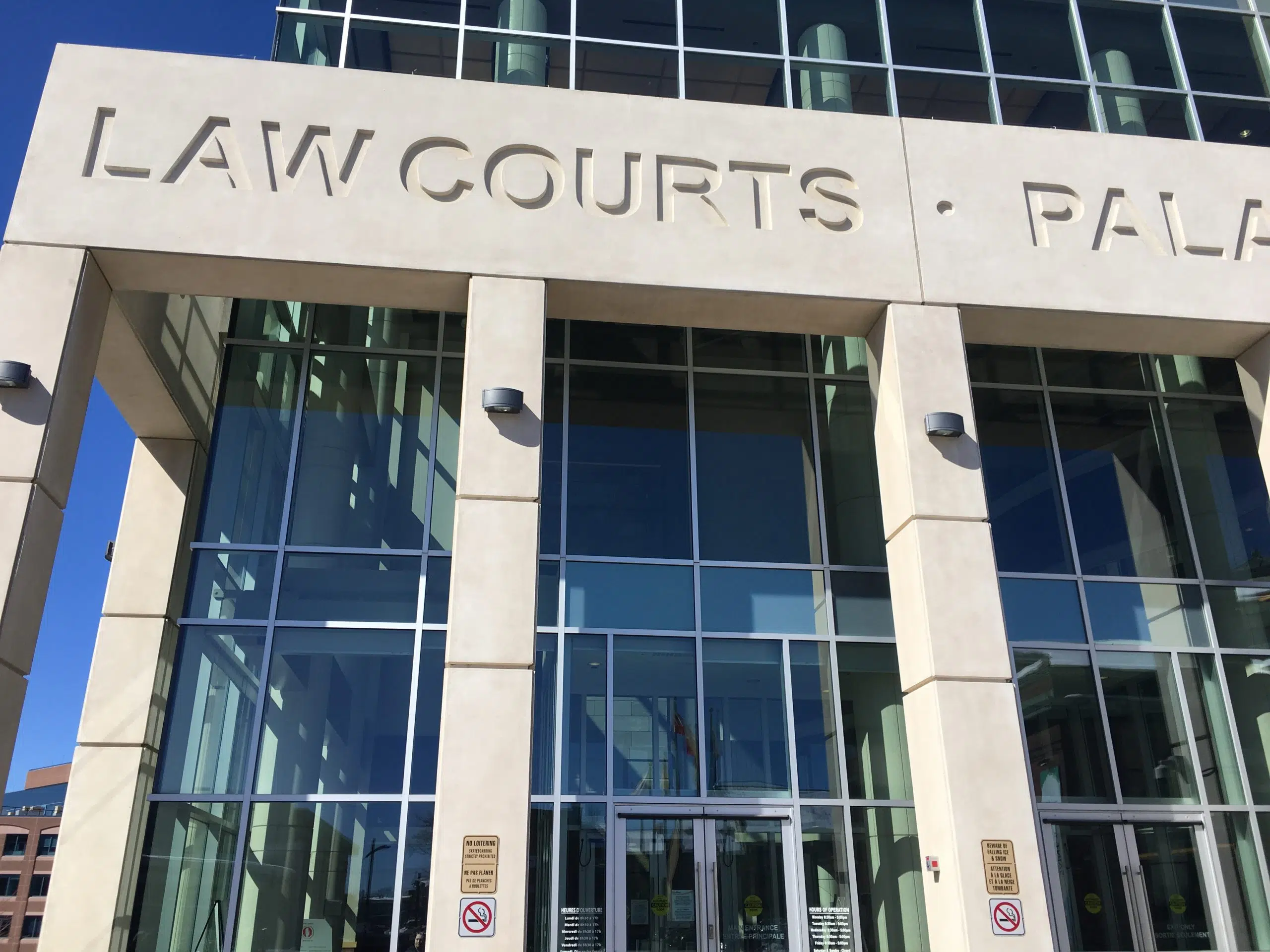A Court of Queen’s Bench judge has sided with the City of Saint John in a class-action lawsuit involving the west side water switchover.
Chief Justice Tracey DeWare dismissed the class members’ action in a 70-page ruling issued on Tuesday, saying the city did not breach its standard of care in relation to the transition, and there is “no genuine issue requiring a trial.”
“I am satisfied based on the evidence before the Court that the City did engage the necessary experts and collected all relevant information in order to properly manage the change in water source for West Saint John,” DeWare wrote in her ruling.
The suit was filed after the city switched the west side water system from Spruce Lake to the South Bay Wellfield in September 2017.
In the weeks that followed, the city received more than 200 reports from residents and businesses about leaking copper pipes and other issues.
The suit, which named Frances Brownell and Cheryl Steadman as the representative plaintiffs, alleged that the city was “negligent and breached duties of care to the two plaintiffs and the class members.”
Class members claimed that it was “reasonably foreseeable” that their plumbing would be at risk if the city did not implement corrosion control measures in west Saint John.
“The proposed Representative Plaintiffs and other Class Members have suffered an ascertainable loss as a result of the Defendants’ actions and/or omissions associated with the affected properties,” their lawsuit read.
Lawyers for the city argued that the decision to switch the water source was made in good faith and that it “exercised all due care and caution” by relying upon the recommendations of duly qualified experts.
The city suggested that the pinhole leaks which occurred in some copper plumbing of certain residents and businesses were unforeseeable.
None of these allegations have been proven in court.
In her decision, DeWare wrote that “there is no doubt” that the city was informed before the switchover that corrosion control was an important consideration when transitioning a water distribution system.
“It is for that reason that the Court accepts potential harm to the Class Members was ‘[reasonably] foreseeable,’” DeWare wrote in her ruling.
However, she said the city cannot be found negligent if they have “engaged the necessary experts and followed the informed advice of those experts throughout the process.”
“In all of the circumstances, I am persuaded that the best information available to the City in September 2017 was that the only treatment necessary for the water coming from South Bay Wellfield was chlorination,” wrote DeWare.
“I further accept that, while the City was alive to the issue of corrosion control when any water transition is taking place, the advice provided which was gleaned from industry practice and experience was that no corrosion control measures were necessary.”
As for what caused the leaks to happen in the first place, DeWare said there remains “no definitive opinion” on the exact cause.
In a Feb. 2019 report, CBCL Limited suggested the corrosive water from Spruce Lake eroded the pipes over time, but the scaling which formed inside stopped them from leaking — that is until the new water was introduced.
The class members, however, argued that the existing scale would not have been disrupted before a new scale formed had appropriate corrosion control been put in place.
“While the theory of CBCL certainly appears reasonable, there remains no firm conclusions as to the mechanisms of the leaks in this case,” wrote DeWare, adding that none of the class members appears to have had their impacted plumbing examined to determine the precise cause of their failures.
The judge said she was also unable to conclude that the leaks would not have occurred had the city implemented corrosion control measures.
In addition, DeWare said it also remains uncertain if the city’s decision to install an orthophosphate system months after the switchover “precipitated the end of the leaks or that this would have happened in any event” as the incidences of leaks were already declining.
The judge also ruled that the city is entitled to costs of $25,000 plus taxable disbursements.




